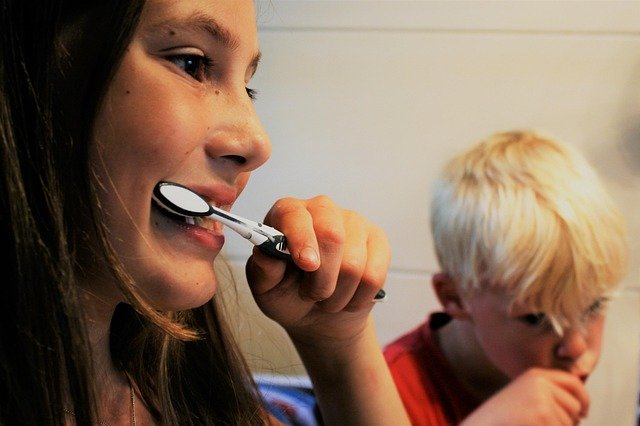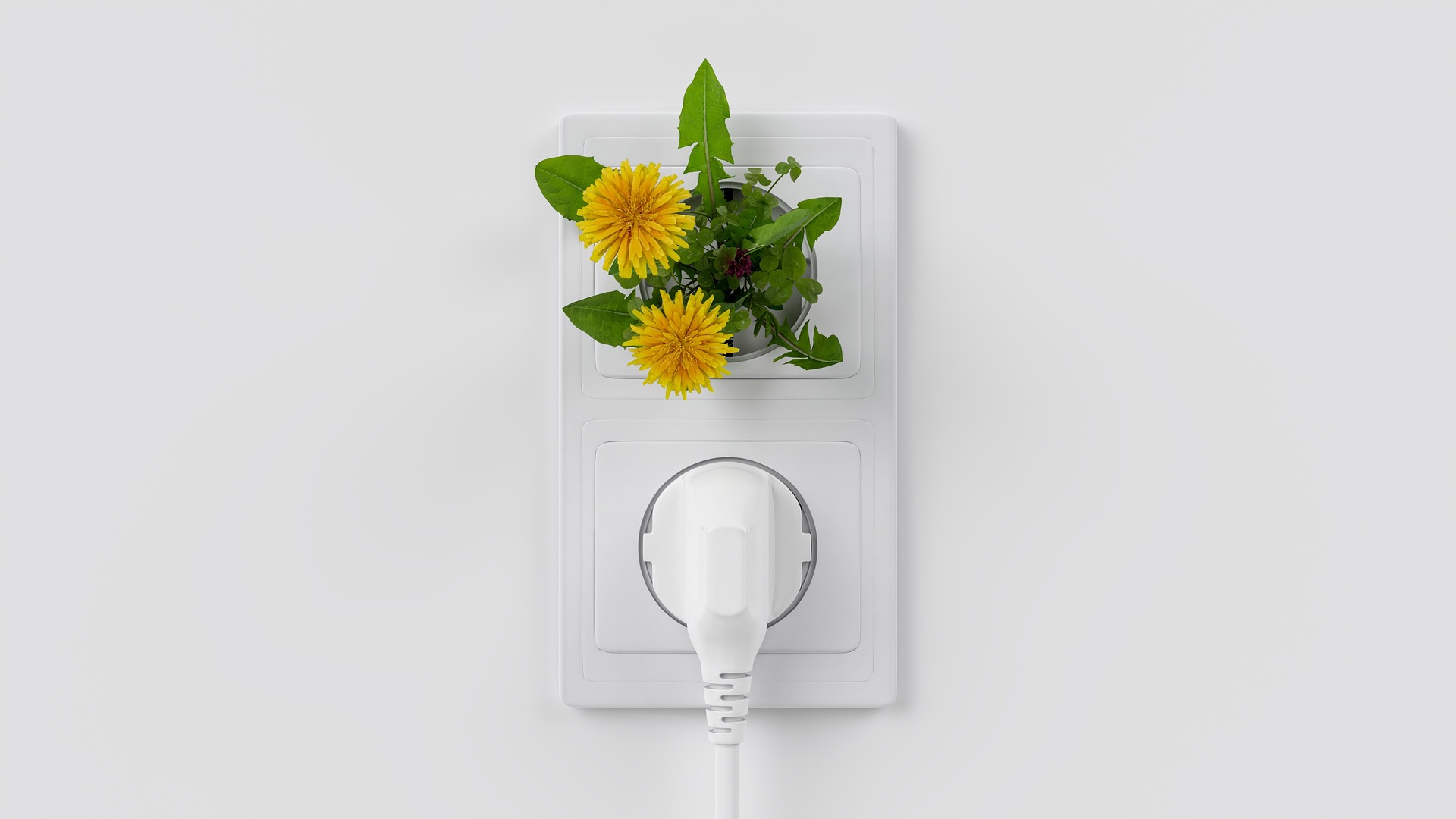How to Take Care of Your Teeth: A Practical Guide
A healthy smile starts with small, consistent habits. This practical guide walks you through the essential steps to keep your teeth strong and your mouth fresh—every single day. From brushing and flossing basics to diet and lifestyle tips, you’ll learn how simple daily care can make a lasting difference. No quick fixes or false promises—just clear, helpful advice anyone can follow.

Your teeth are among the most hardworking parts of your body, helping you eat, speak, and express yourself with confidence. Yet despite their importance, many people overlook basic oral care practices until problems arise. Taking a proactive approach to dental health can prevent painful conditions, costly treatments, and long-term complications. This guide explores the essential practices and lifestyle choices that keep your teeth and gums in optimal condition.
Why Daily Brushing and Flossing Are Essential
Brushing and flossing form the cornerstone of any effective oral hygiene routine. Brushing twice daily removes food particles, plaque, and bacteria that accumulate on tooth surfaces throughout the day. Plaque is a sticky film that, if left undisturbed, hardens into tartar and can lead to cavities and gum disease. Using fluoride toothpaste strengthens enamel and helps repair early signs of decay.
Flossing reaches areas that toothbrushes cannot, particularly between teeth and below the gumline. These spaces are prime locations for plaque buildup and bacterial growth. Daily flossing removes debris and prevents inflammation that can progress to gingivitis or periodontitis. Together, brushing and flossing create a comprehensive defense against the most common dental problems.
The Role of Regular Dental Checkups and Cleanings
Even with diligent home care, professional dental visits remain crucial for maintaining oral health. Dentists can identify early signs of decay, gum disease, and other conditions that may not yet cause symptoms. Early detection allows for less invasive and more affordable treatments, preventing minor issues from becoming major problems.
Professional cleanings remove tartar that cannot be eliminated through brushing and flossing alone. Dental hygienists use specialized tools to clean hard-to-reach areas and polish teeth, reducing surface stains and smoothing enamel. Most dental professionals recommend checkups and cleanings every six months, though individuals with specific risk factors may need more frequent visits. These appointments also provide opportunities to discuss concerns, receive personalized advice, and stay informed about the latest preventive techniques.
Tips for Fresh Breath and Preventing Common Dental Issues
Bad breath, also known as halitosis, often results from bacteria in the mouth, particularly on the tongue. Brushing your tongue or using a tongue scraper can significantly reduce odor-causing bacteria. Staying hydrated helps maintain saliva production, which naturally cleanses the mouth and neutralizes acids.
Avoiding tobacco products is one of the most effective ways to prevent both bad breath and serious dental conditions. Smoking and chewing tobacco stain teeth, irritate gums, and dramatically increase the risk of oral cancer. Limiting sugary and acidic foods also protects enamel and reduces the likelihood of cavities. If you consume these foods, rinse your mouth with water afterward and wait at least 30 minutes before brushing to avoid damaging softened enamel. Sugar-free gum containing xylitol can stimulate saliva flow and help clean teeth between meals.
How Lifestyle Choices Impact Long-Term Oral Health
Your daily habits and broader lifestyle decisions have profound effects on dental health over time. Diet plays a central role—foods rich in calcium, phosphorus, and vitamins support strong teeth and healthy gums. Crunchy fruits and vegetables like apples and carrots can help clean teeth naturally while providing essential nutrients.
Stress management matters more than many people realize. Chronic stress can lead to teeth grinding, also called bruxism, which wears down enamel and can cause jaw pain and headaches. If you grind your teeth, especially at night, a custom mouthguard from your dentist can protect against damage. Additionally, certain medications can cause dry mouth, reducing saliva’s protective effects and increasing cavity risk. If you experience persistent dry mouth, discuss alternatives or solutions with your healthcare provider.
Alcohol consumption should be moderate, as excessive drinking can irritate oral tissues and contribute to gum disease. Regular exercise and maintaining a healthy weight support overall health, including reduced inflammation that benefits gum tissue. These interconnected lifestyle factors demonstrate that oral health is inseparable from general wellness.
Choosing the Right Oral Care Products
Navigating the wide array of dental products available can feel overwhelming, but focusing on a few key features simplifies the process. Look for toothpaste with fluoride, which has been proven effective in preventing decay. Soft-bristled toothbrushes are gentler on gums and enamel than hard bristles, and electric toothbrushes can be particularly effective for thorough cleaning.
Mouthwash can complement brushing and flossing but should not replace them. Antimicrobial rinses reduce bacteria, while fluoride rinses provide additional enamel protection. For flossing, choose between traditional string floss, floss picks, or water flossers based on your preference and dexterity. The best oral care products are the ones you will use consistently, so select options that fit comfortably into your routine.
Conclusion
Caring for your teeth requires consistent effort and informed choices, but the rewards extend far beyond a bright smile. By brushing and flossing daily, attending regular dental appointments, making mindful lifestyle decisions, and using appropriate oral care products, you create a strong foundation for lifelong dental health. Small daily actions accumulate into significant long-term benefits, protecting not only your teeth and gums but also your overall health and confidence. Taking control of your oral care today ensures a healthier, more comfortable future.
This article is for informational purposes only and should not be considered medical advice. Please consult a qualified healthcare professional for personalized guidance and treatment.




